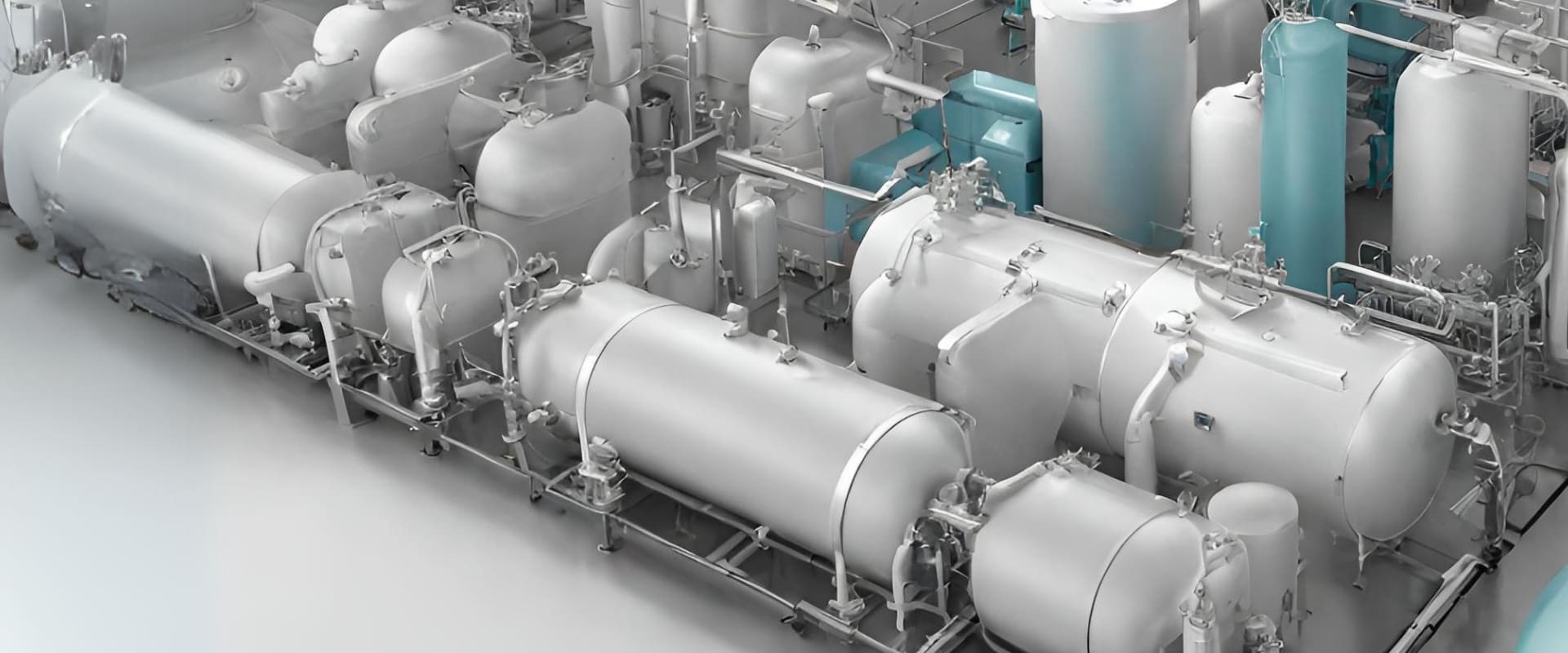
Hydrogen storage
Abstract
Hydrogen storage is crucial for the chemical industry's sustainable energy goals, exploring options like metal hydrides and LOHCs. Considerations of safety, energy density, and integration into existing infrastructure guide technology choices, highlighting the industry's pivotal role in shaping clean energy solutions.
Blog
Hydrogen storage is a critical component in the chemical industry's pursuit of sustainable and clean energy solutions. As hydrogen emerges as a promising alternative to traditional fossil fuels, efficient methods for storing and transporting this versatile gas become imperative. Several technologies are being explored within the chemical industry to address the challenges associated with hydrogen storage.
One notable approach is the use of metal hydrides for hydrogen storage. Metal hydrides are compounds formed by the combination of metals with hydrogen, forming a stable and reversible storage medium. These materials can absorb and release hydrogen gas under specific temperature and pressure conditions, making them suitable for various applications within the chemical industry. Research is ongoing to optimize metal hydride systems for improved efficiency, capacity, and economic viability.
Liquid organic hydrogen carriers (LOHCs) represent another avenue for hydrogen storage. In this approach, hydrogen is chemically bonded to liquid organic compounds, effectively serving as a carrier for hydrogen molecules. This method enables the safe and reversible storage of hydrogen at ambient conditions. LOHCs provide advantages such as ease of handling, reduced safety concerns, and potential for long-distance transportation of hydrogen, making them an attractive option for the chemical industry.
Furthermore, the industry is exploring advanced materials, such as porous materials and carbon-based structures, for hydrogen adsorption and storage. Adsorption involves the physical adherence of hydrogen molecules to the surface of a material, providing a reversible storage solution. The development of tailored materials with high surface areas and optimized pore structures aims to enhance the adsorption capacity and kinetics of hydrogen storage systems.
As the chemical industry strives to transition towards a hydrogen-based economy, the choice of hydrogen storage method depends on factors like safety, energy density, and ease of integration into existing infrastructure. Additionally, considerations for the environmental impact and economic feasibility play a crucial role in determining the most suitable storage technology.
The widespread adoption of hydrogen as an energy carrier within the chemical industry holds the potential to revolutionize processes, reduce greenhouse gas emissions, and contribute to a more sustainable energy landscape. As research and development in hydrogen storage technologies progress, the chemical industry continues to play a pivotal role in shaping the future of clean and renewable energy solutions.
×
![]()
|
DOWNLOAD BROCHURE
|
|
REQUEST FOR QUOTATION
|


